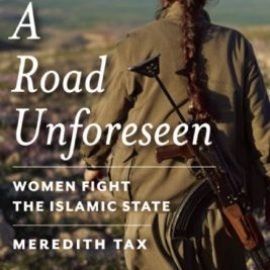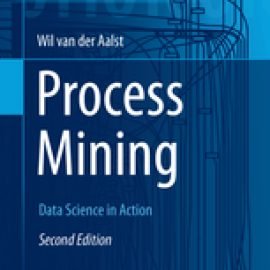Description
No Surrender
This is our first suffragette novel, although William an Englishman, Persephone Book No. 1, was conceived by Cicely Hamilton as a suffrage novel but then became a book about the First World War.
Constance Maud knew Cicely Hamilton because both were members of the 400-strong Women Writers Suffrage League; she published No Surrender in November 1911 when the struggle for the vote was at its height.
The narrative is faithful to real facts and incidents, with some of the main characters drawing on leading suffrage figures.
One is based on Lady Constance Lytton and another, the heroine Jenny Clegg, is a Lancashire mill girl – thus putting paid to the myth that the suffrage movement was mainly middle-class: the main focus of the novel is on the strong support for women’s suffrage by women workers in the textile mills and on the prejudice against votes for women on the part of many of the men in the labour movement.
When Emily Wilding Davison, who was to die in 1913 under the King’s horse at the Epsom Derby, reviewed No Surrender, she wrote:
‘There is scarcely a notable incident of the militant campaign which is left untouched.
As we devour its pages, we once more review such unforgettable events as the Pantechnicon incident, the protest of the Grille, the Suffragette Fire-Engine, the sending of women by Express Post to the Prime Minister, and the final word-picture of the procession of 1910. But for vivid realism, the pictures of prison life, of the Hunger Strike and Forcible Feeding, are difficult to beat. It is a book which breathes the very spirit of the Women’s Movement.
As Lydia Fellgett writes in her Persephone Preface: ‘A political novel cannot be successful without well-written characters: it is therefore also a love story between Jenny Clegg and the Independent Labour Party member Joe Hopton. And it is about powerful female friendship fostered through a common cause.
But like most of the (surprisingly few) novels that emerged from the women’s suffrage movement, No Surrender’s importance comes from its documentation of social history; it is polemical but not without complexity; it accurately portrays the arguments of the anti-Suffragists alongside those of the heroines, and it is a passionate account, full of enthralling detail and political fervour.’

 العربية
العربية  English
English 



